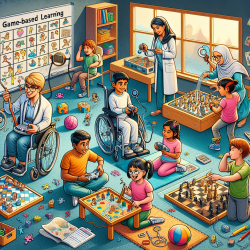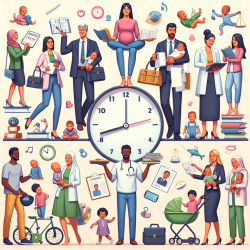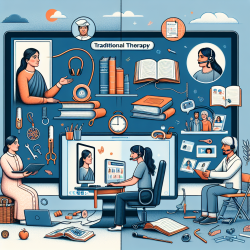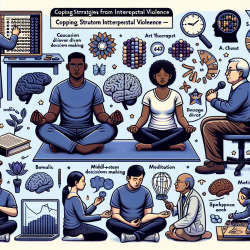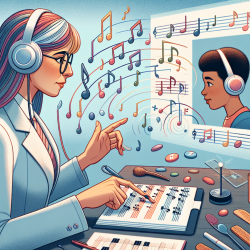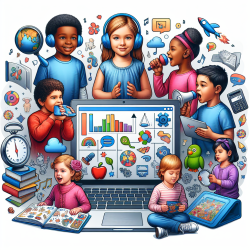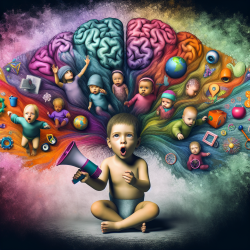Game-based learning (GBL) is an innovative approach that leverages the engaging nature of games to enhance learning experiences. For learners with disabilities, GBL can offer significant benefits, but its implementation requires careful consideration. A recent systematic literature review titled Game-Based Learning for Learners With Disabilities—What Is Next? A Systematic Literature Review From the Activity Theory Perspective provides valuable insights for practitioners looking to improve their skills in this area.
Key Findings from the Literature Review
The review analyzed 96 studies using the Activity Theory (AT) framework, focusing on various components such as subjects, technology, objects, rules, community, division of labor, and outcomes. Here are some of the key findings and recommendations:
Subjects
The majority of studies focused on learners with Autism Spectrum Disorder (ASD), intellectual disabilities, and learning disabilities. However, the sample sizes were often small, which limits the generalizability of the findings.
- Recommendation: Collaborate with local special education centers, schools, and universities to increase sample sizes. Utilize online platforms for broader recruitment.
Technology
The studies used a variety of technologies, including iOS, Android, PC software, and web-based platforms. However, the interchangeability of operating systems was limited, which could restrict accessibility.
- Recommendation: Use cross-platform design frameworks to ensure the games can be played on multiple operating systems.
Objects
GBL was used to enhance motor skills, cognitive skills, social interaction, and academic performance. However, few studies focused on subjects like music and languages.
- Recommendation: Expand the range of subjects covered by GBL to include music, art, and languages.
Rules
Intervention procedures and performance measures varied widely. Lengthy post-test surveys were found to discourage participation, particularly among learners with ASD.
- Recommendation: Implement mid-session evaluations to maintain engagement and reduce the burden of lengthy post-tests.
Community
Most studies involved special education professionals but lacked parental involvement and input from experts in other fields.
- Recommendation: Increase parental involvement and collaborate with experts from various fields to design more effective GBL interventions.
Division of Labor
The roles of learners, professionals, and parents were clearly defined, but learners were rarely involved in the design of the games.
- Recommendation: Involve learners in the design process to ensure the games meet their specific needs.
Outcomes
Most studies reported positive outcomes, such as increased engagement and improved skills. However, maintaining learners' enjoyment and engagement was a challenge.
- Recommendation: Design adaptive GBL environments that adjust to the learners' abilities and needs to maintain engagement.
Conclusion
Game-based learning holds great promise for enhancing the educational experiences of learners with disabilities. By following the recommendations from this systematic review, practitioners can create more effective and inclusive GBL interventions. For a deeper understanding, practitioners are encouraged to read the original research paper.
To read the original research paper, please follow this link: Game-Based Learning for Learners With Disabilities—What Is Next? A Systematic Literature Review From the Activity Theory Perspective.
